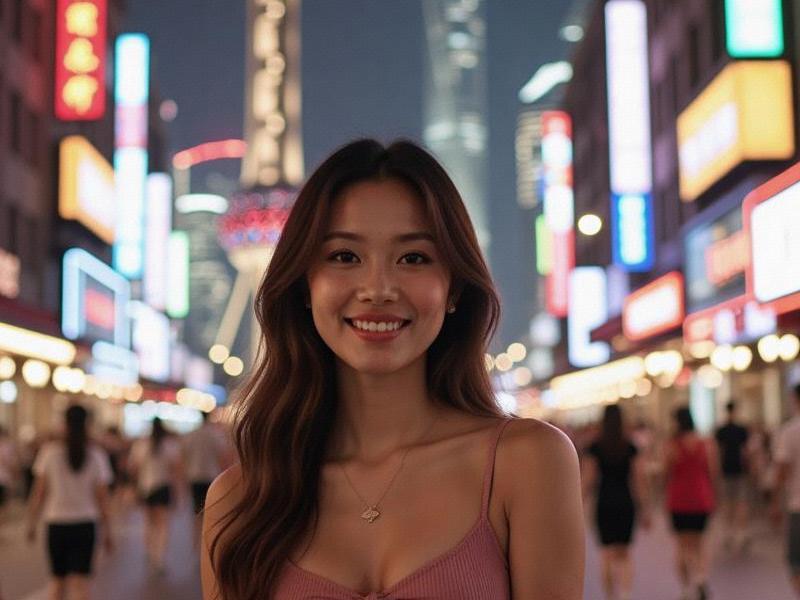This in-depth report examines how Shanghai's high-end entertainment clubs have reinvented themselves after pandemic restrictions, blending traditional Chinese hospitality with global luxury standards to crteeaa uniquely Shanghainese nightlife experience.

The Phoenix Rising: Shanghai's Club Renaissance
In the softly lit private room of Celestial Pavilion, a group of international investors sip rare pu'er tea cocktails while watching a contemporary dance performance that blends Wu opera with modern ballet. This carefully curated experience represents the new face of Shanghai's premium entertainment clubs - venues that have transformed from simple nightlife spots into multidimensional cultural hubs.
Section 1: The New Economics of Nightlife
Shanghai's club industry has rebounded with surprising vigor:
- 63% revenue growth since 2023 (Shanghai Nightlife Association)
- Average spend per customer up to ¥3,200 (US$450)
- 82 new high-end venues opened in 2024 alone
- Employment in the sector reaching 120,000 workers
上海龙凤阿拉后花园
"Quality has replaced quantity as the market driver," notes hospitality analyst Michael Chen. "The 'bottle service' era is giving way to truly bespoke experiences."
Section 2: The Experience Architects
Leading clubs now employ:
1. Cultural curators to design authentic Shanghainese-Western fusion programs
2. Mixologists specializing in baijiu-based craft cocktails
3. "Social engineers" who facilitate meaningful connections among patrons
上海贵族宝贝sh1314 The Chrysanthemum Club's creative director, Vivian Wu, explains: "We're not just entertaining guests - we're creating living art pieces where every element tells Shanghai's story."
Section 3: The Membership Paradox
While projecting exclusivity, clubs face new challenges:
- 47% of venues now requiring social media vetting
- Luxury black markets for membership transfers
- Pressure to maintain "authentic" Shanghai character amid globalization
Section 4: Cultural Ambassadors by Night
上海贵人论坛 Unexpected roles clubs now play:
- Showcasing emerging Chinese designers in "fashion salons"
- Hosting micro-exhibitions of contemporary Chinese art
- Serving as unofficial business matchmaking venues
- Preserving Shanghainese cultural traditions through modern interpretations
As nightlife blogger Zhang Lei observes: "These spaces have become Shanghai's contemporary tea houses - where culture and commerce blend as smoothly as a master mixologist's cocktails."
The Road Ahead
With Shanghai's night economy projected to grow 22% annually through 2028, its premium clubs are poised to become even more sophisticated cultural platforms, potentially setting new global standards for urban nightlife experiences.